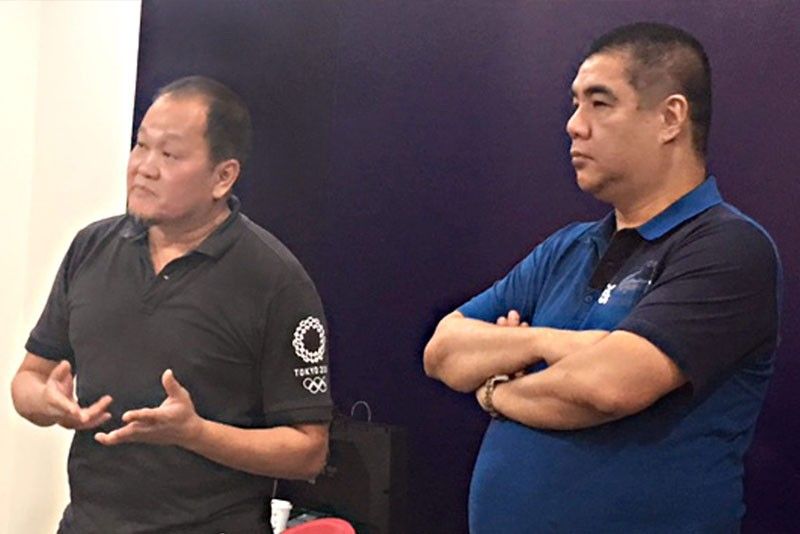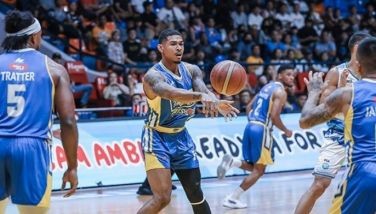PBA gets help to address player injuries

MANILA, Philippines — The PBA will embark on a study to collect data that could lead to recommendations on ways to prevent the incidence of injuries with commissioner Willie Marcial tapping orthopaedic surgeon Dr. Jose Raul (George) Canlas’ expertise in addressing medical issues that may compromise a player’s career.
Dr. Canlas passed out a survey form to be filled up by each PBA team every week during a meeting with PBA managers, doctors and physical therapists at the PBA office in Libis the other day. He explained that the data collated from the submitted forms will be the basis of recommendations to lower the risk of injuries.
Marcial took the initiative of inviting Dr. Canlas to share his knowledge as the only Asian in the FIBA Medical Commission, a six-time Olympic medical officer, former medical director of the Philippine Center for Sports Medicine and executive director of the Moro Lorenzo Sports Center. The PBA Board of Governors had given its go-signal for Marcial to pursue innovative medical measures under Dr. Canlas’ guidance.
Dr. Canlas also briefed the PBA officials on the anti-doping protocols by FIBA. He said with the Philippines’ reemergence as a basketball power in Asia, FIBA will now closely monitor testing of Filipino players in the RTP (registered training pool) submitted by the SBP. The World Anti-Doping Agency (WADA), an organization initiated by the IOC, designates an independent agency to conduct testing anywhere and anytime of players in the RTP. An RTP player’s whereabouts are located by WADA’s tracking system.
“We used to be under the radar but now, we’re on the FIBA radar so we can expect testing to be more frequent,” said Dr. Canlas. “That means PBA players in the RTP must be aware of what they consume and what substances are allowed or banned. Supplements are not regulated by FIBA but if a player takes supplements with an ingredient that is a banned substance, he’ll test positive. Depending on the substance or repeat violations, penalties could range from a two-year suspension to four years to even a lifetime.”
Dr. Canlas said performance-enhancing and social drugs are on FIBA’s watch list. The PBA’s current drug testing is only for marijuana and methamphetamine (shabu) through a urinalysis. Dr. Canlas said with the PBA taking the lead in this direction, it will set the standard of drug testing for other leagues or sports in the country.
It was suggested that the PBA conform to FIBA’s medical protocols. Marcial said if the PBA Board approves, the league will institute new protocols, including a yearly comprehensive cardio-screening, perhaps starting next year to give time to gather and study data from report forms, educate the players on banned substances and explain the ramifications of drug usage. Dr. Canlas was accompanied by his resident Dr. Jefferson Co at the meeting which was attended by representatives of each PBA team, including TNT manager Virgil Villavicencio, Meralco manager Paolo Trillo, Alaska doctor Facundo Sun and Alaska trainer Gus Vargas.
- Latest
- Trending
































